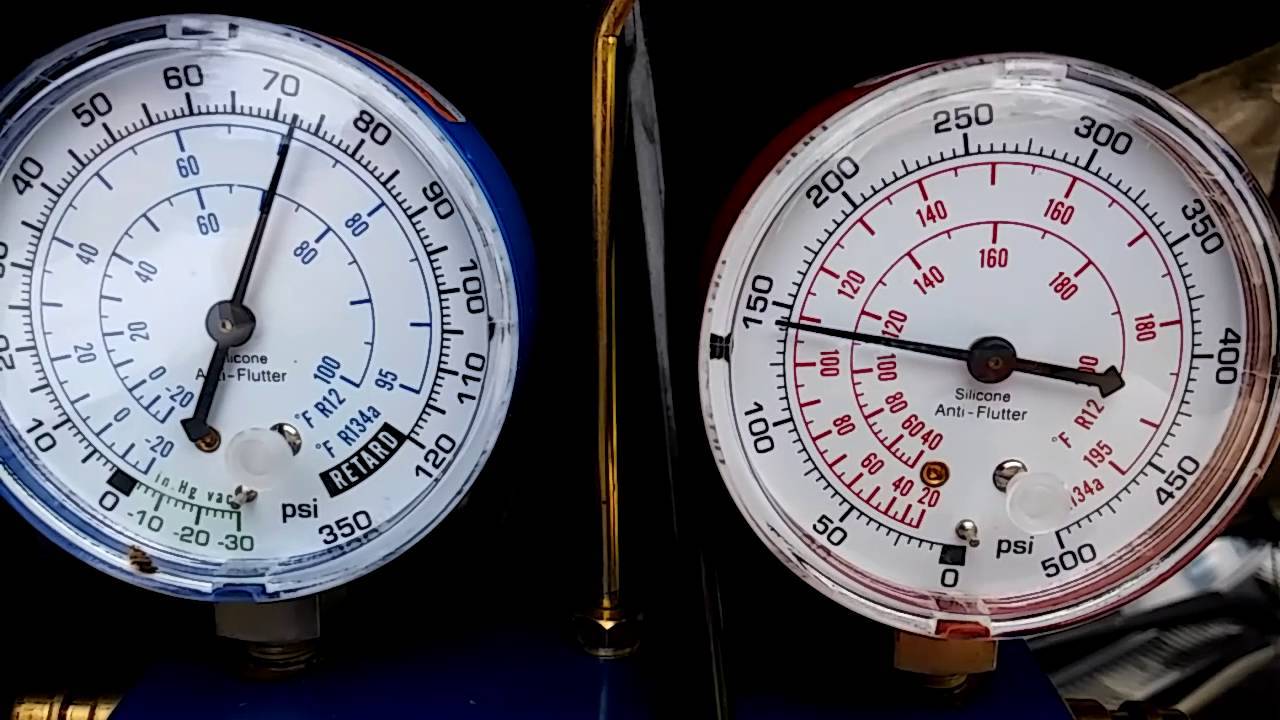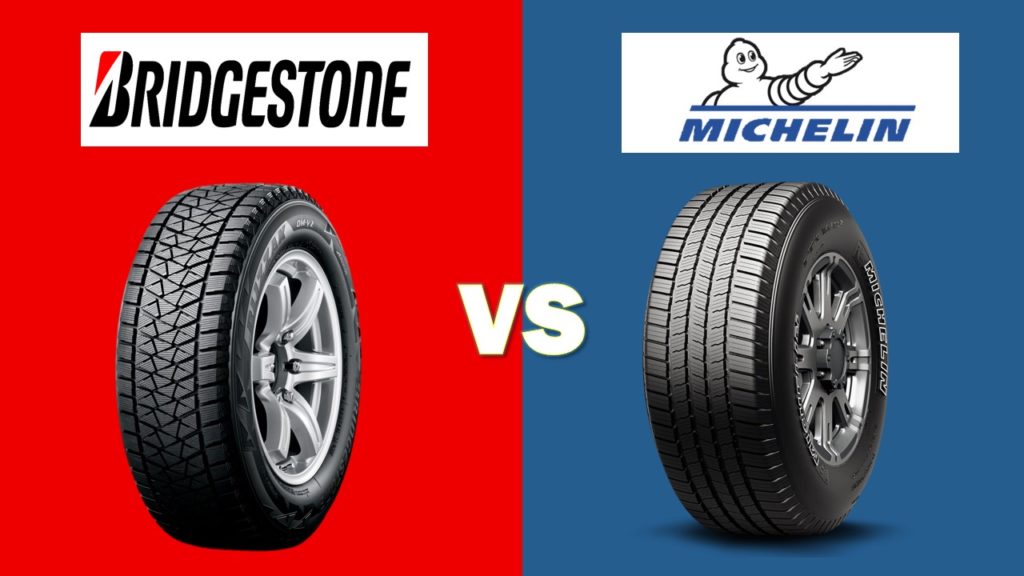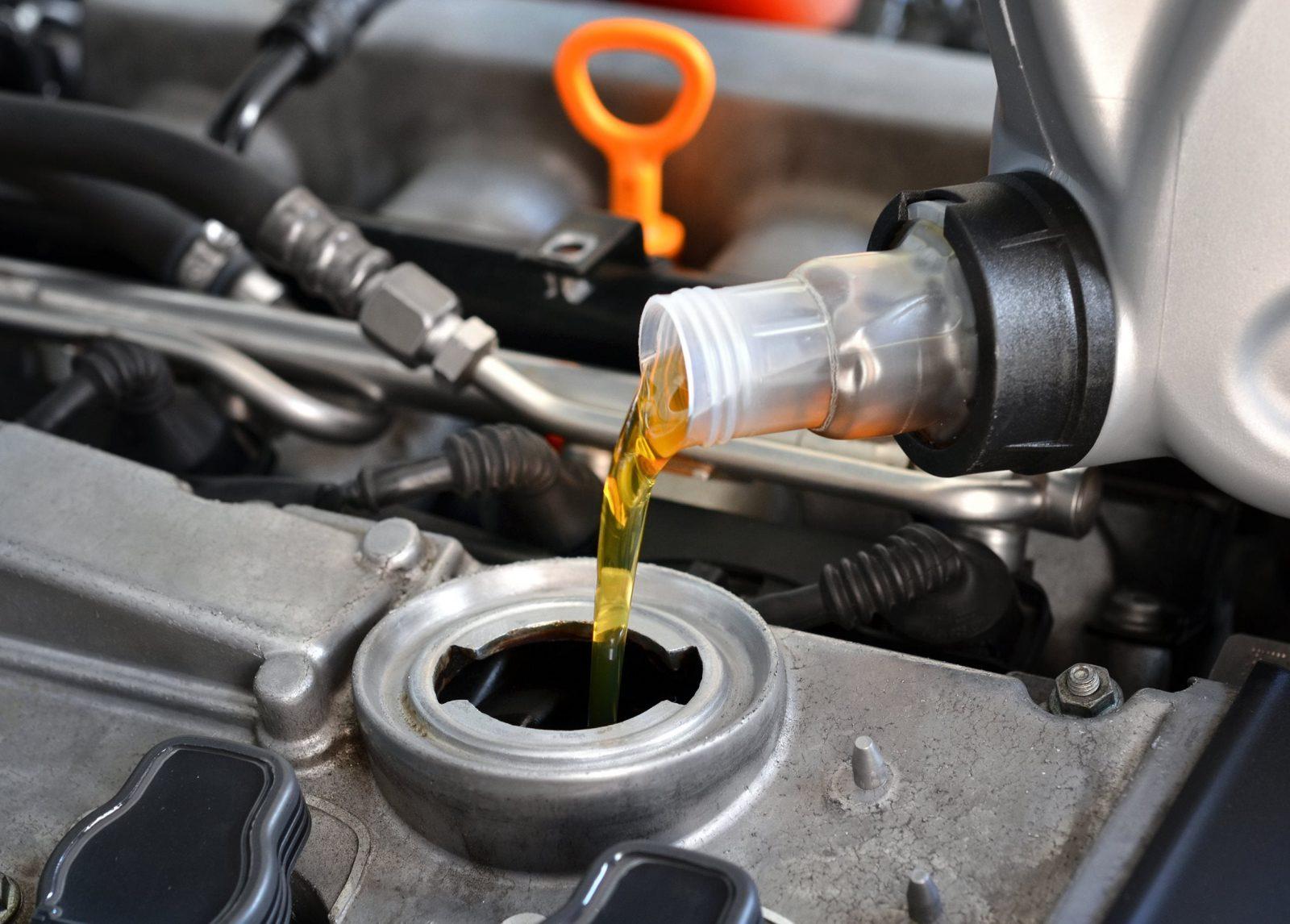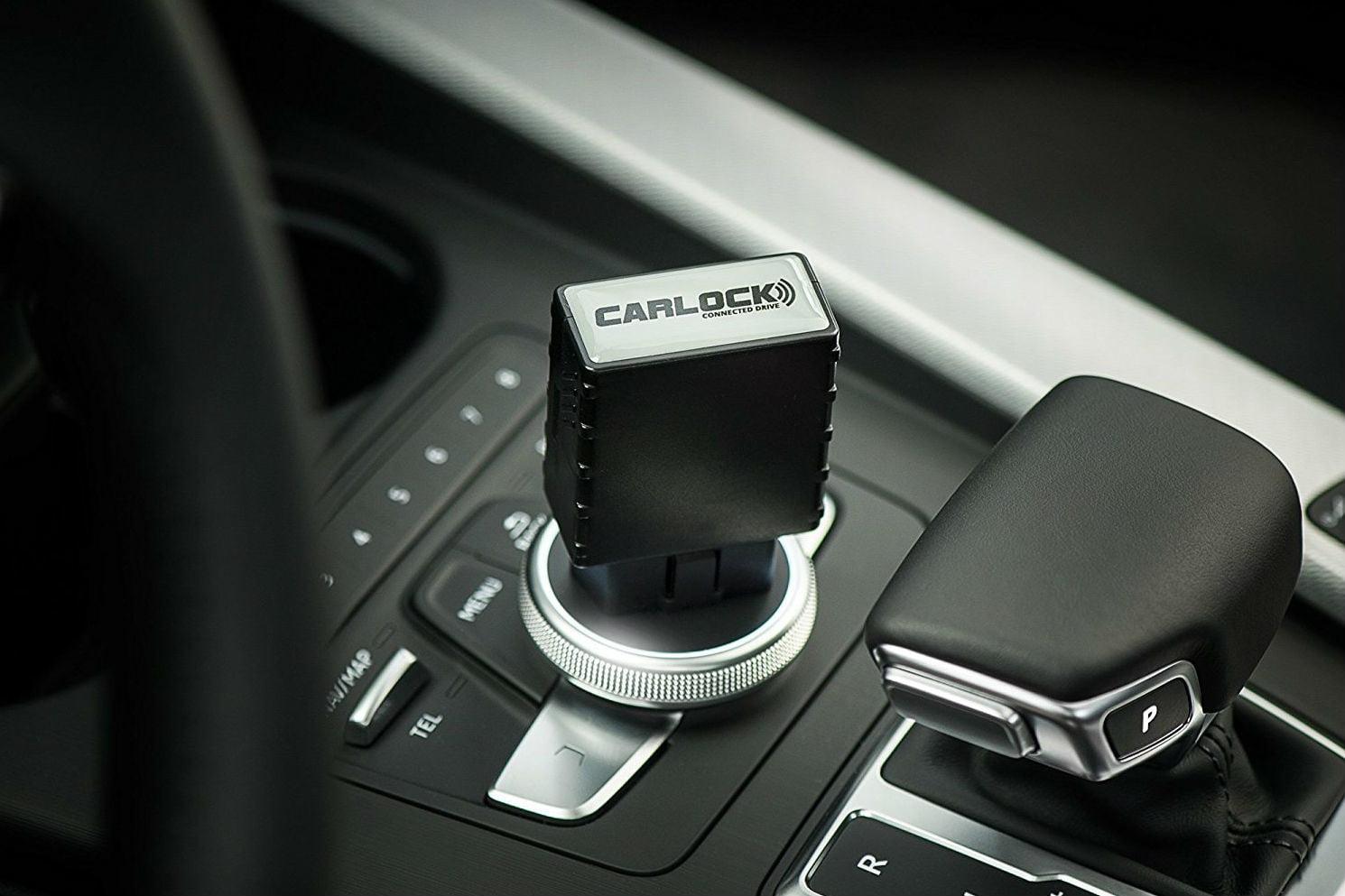3 Symptoms Of Bad Oil Pump That You Should Worry About
While replacing the car’s oil pump is not something that most drivers face very often, it may sometimes become unavoidable. Odds are that you may never have to change it even once in your or your car’s lifetime. But, you must learn to recognize symptoms of bad oil pump, just in case. Because when you have it, you need to replace it.
So, here are 3 bad oil pump symptoms that, at first, may not sound too worrisome to you. But, they may actually be asking you to change the pump ASAP.
3 Symptoms Of Bad Oil Pump
The primary duty of the oil pump is to supply the required oil for engine lubrication while your car is running. The oil pump generates an amount of pressure to keep the oil moving steadily in the engine. As we all know, lubrication oil will help the metal components of your car engine interact without any tough physical damage due to the friction between the metal parts.
The oil from the oil pump will cool down your engine and prevent it from overheating. So if you were to have a damaged or worn-out oil pump, it means that your engine will lose the lubricated properties and the consequences can be very serious. Knowing about common signs of a bad oil pump will help you detect the issues before it is out of your control. Let’s discuss the most common signs of a bad oil pump in the next part:
Decrease in oil pressure

Your oil pump is what regulates oil pressure. Since the oil pump is responsible for maintaining the right oil pressure, if any abnormality arises, it will be evident. The pump pressure pushes the oil into the engine and then keeps it moving through the engine. Now, when the oil does not move along with the right pressure, the friction between the parts increases.
A bad oil pump will cause the oil pressure to drop. The oil indicator light will come on your dashboard when this is the case. You’ll also notice reduced power, increased engine temperature, and stalling. So, if you feel that the engine is heavy, the power is low, and the car stalls frequently, it is because of decreased oil pressure. And, that is surely one of the symptoms of bad oil pump.
However, it is not just the pump that the constant movement is damaging, but also the engine and the entire vehicle.
Increased engine operating temperature
Now, we learned something important from the previous point. The pump maintains the oil pressure to a point that can impart proper lubrication for the functioning of the engine and other machinery without friction.
In the absence of that right pressure, friction will be caused for sure, and the most obvious result then, is heat generation. It is one of the most obvious oil pump failure symptoms. So, as you operate the vehicle, the temperature of the engine will rise beyond normal. , when this happens, the heat light on your dashboard will light up to alert you about this abnormal rise in engine operating temperature.
This, if left unchecked can lead to colossal damage to the engine as well as other parts, along with a likely breakdown of the car on the road (in grave situations). Addressing this issue in time is one of the important ways to save money on car repairs.
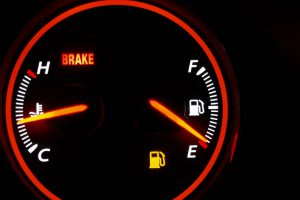
Read more:
Unusual noise
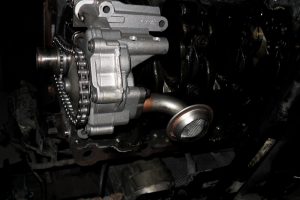
Now, even if you go only by common sense and no mechanical knowledge of any vehicle, friction between parts can still seem an understandable problem. It causes them to rub together and cause a bad oil pump sound, just like rustling pines.
Unlike other symptoms, this may be the rarest. An oil pump will usually not make a noise, but when it starts to work poorly and breaks down, it can make a noise. Listen carefully for any sounds that sound like whining or whirring. You will be able to hear these sounds when the vehicle is idling. This usually indicates that the internal gears of the oil pump are worn and damaged.
Now, if we talk mechanically, a dysfunctional (or semi-functional) pump can cause the hydraulic lifters to make noise. It leaves them rubbing against other parts without lubrication. These lifters are a vital part of the valve-train mechanism of the vehicle. Low pressure of the oil coming from the pump prevents the oil from reaching the hydraulic lifters. This causes so much friction as produces noise, loud enough to be heard clearly as the vehicle rolls. They also start to wear. Ultimately, irregularities appear if you leave it unchecked. Then, it’s high time you contemplated oil pump replacement to avoid unexpected damage to your car
FAQs:
What Is The Function Of The Oil Pump?
The oil pump is a part of the internal combustion engine that works to circulate engine oil under pressure to the camshaft of the engine, the sliding pistons, and the rotating bearings. This lubricates the bearings, assists in cooling the engine, and also enables the use of higher-capability fluid bearings.
How Much Does It Cost To Replace An Oil Pump?
The average cost to replace an oil pump is about from $500 to $1500 but can vary from car to car.
We hope that the above information will help you know clearly what happens when an oil pump fails. If you have any questions related to symptoms of bad oil pump, feel free to leave it in the comment section and we will answer you later. And keep following us to get more useful maintenance tips updated every day by our car experts.
Will a car start with a bad oil pump?
Yes! Your car can continue running with a faulty oil pump. However, your car will work underperformance, and if the pump is completely broken, at this time your car can’t drive for more than 5-15 minutes before having catastrophic damage. When the oil pump is not working properly, your engine will not receive enough oil for lubrication, overheating is one of the consequences of this problem. Additionally, there are many serious risks that can happen to your car and the safety of drivers and passengers. To prevent this issue from happening, you should repair your car as soon as possible when detecting the problem with your oil pump.







